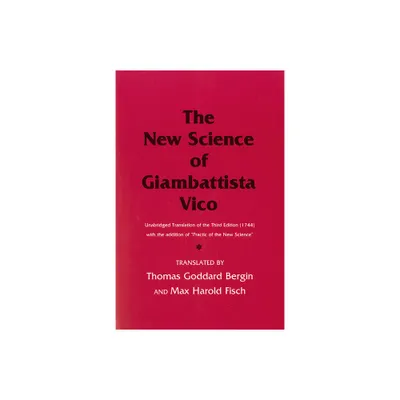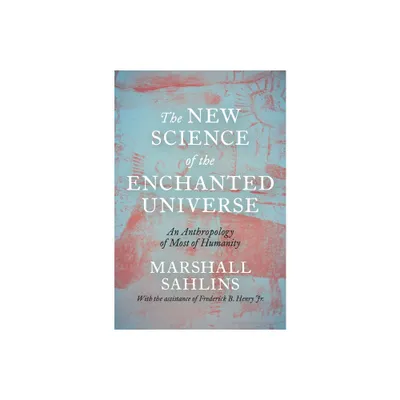Home
Vico's Uncanny Humanism: Reading the "New Science" between Modern and Postmodern
Loading Inventory...
Barnes and Noble
Vico's Uncanny Humanism: Reading the "New Science" between Modern and Postmodern
Current price: $88.95


Barnes and Noble
Vico's Uncanny Humanism: Reading the "New Science" between Modern and Postmodern
Current price: $88.95
Loading Inventory...
Size: OS
*Product Information may vary - to confirm product availability, pricing, and additional information please contact Barnes and Noble
Sandra Luft, in her ambitious postmodernist reading of Vico's profoundly influential New Science, asserts the "strangeness" of texts that struggle to understand human existence outside the assumptions of traditional humanism. One of her central arguments is that Vico as a thinker moved toward such an alien understanding. Despite his warning against the tyranny of "familiar conceits," his work is commonly read within the traditional philosophic assumptions of the West—assumptions that she shows cannot contain nor explain the work's novelty.
The book includes extensive comparisons of Vico with Nietzsche, Heidegger, and Derrida. Luft does not regard Vico as a precursor of the postmodern, which she sees as a recurring perspective in the West, one critical of the assumptions underlying traditional humanist conceptions of human nature and knowledge. Luft finds anachronistic not the question of Vico's affinity to postmodern ideas, but rather his identification with traditional humanism and modernism by modern scholars. Luft's reading brings to the fore radical existential issues in New Science: its concern with origins, with the power of language and social practices, and with its critique of human subjectivity. That perspective makes Vico interesting and important for a wide circle of contemporary readers.
The book includes extensive comparisons of Vico with Nietzsche, Heidegger, and Derrida. Luft does not regard Vico as a precursor of the postmodern, which she sees as a recurring perspective in the West, one critical of the assumptions underlying traditional humanist conceptions of human nature and knowledge. Luft finds anachronistic not the question of Vico's affinity to postmodern ideas, but rather his identification with traditional humanism and modernism by modern scholars. Luft's reading brings to the fore radical existential issues in New Science: its concern with origins, with the power of language and social practices, and with its critique of human subjectivity. That perspective makes Vico interesting and important for a wide circle of contemporary readers.


















